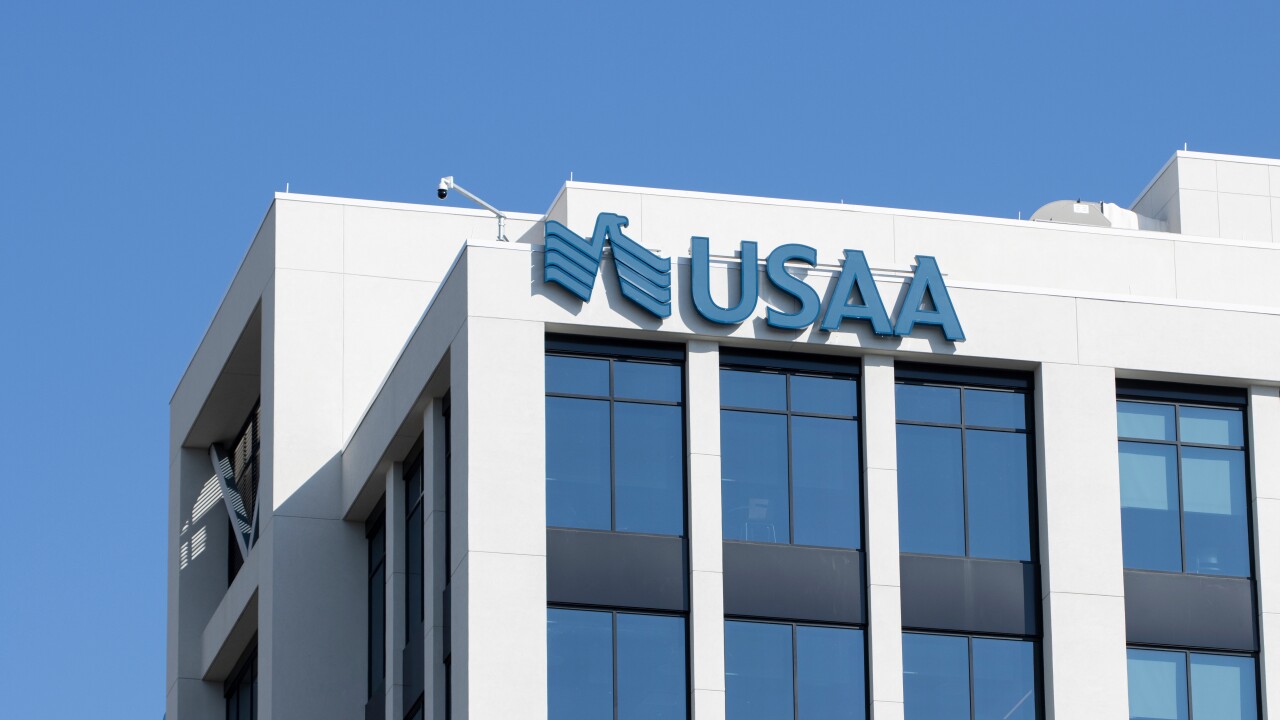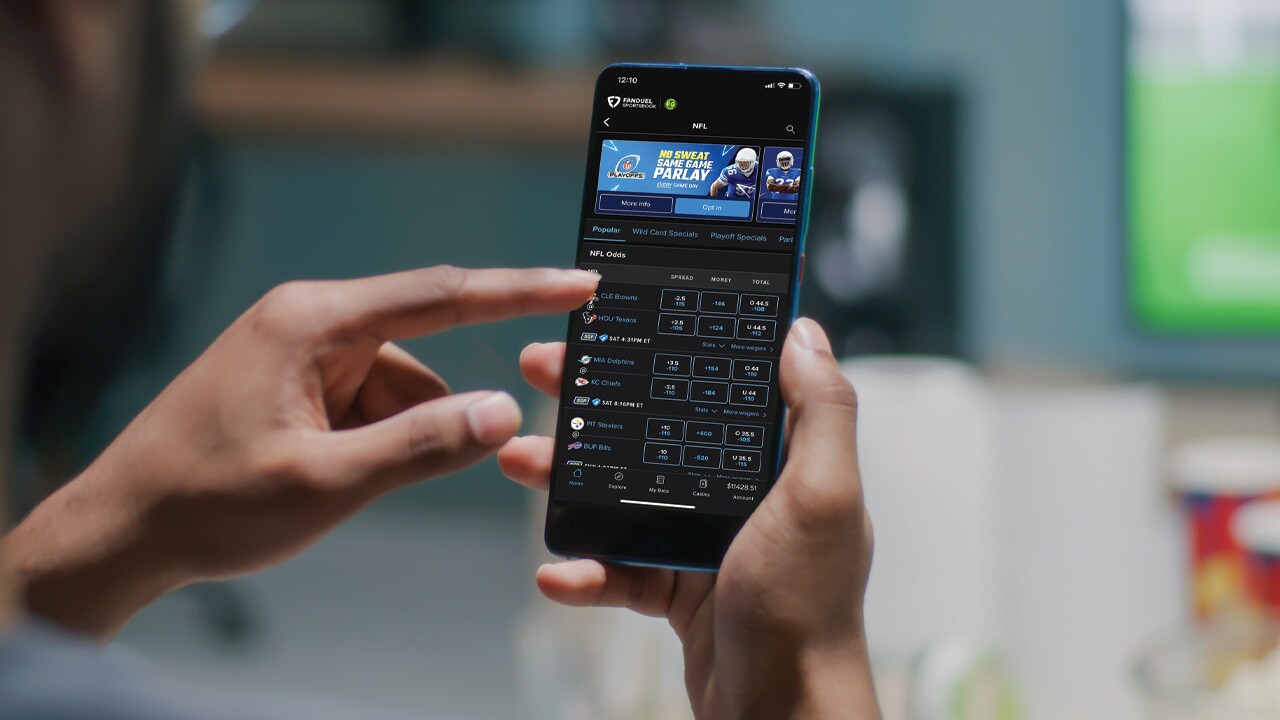-
Post recession, companies are designing software meant to rejuvenate saving account activities.
October 30 -
Credit unions have shown that a chance to win a prize helps motivate consumers to save. However, U.S. regulations have stymied many banks from offering lottery-style savings programs, and efforts are increasing to make the necessary changes to federal and state laws.
September 30 -
Qapital, which launched its app in Sweden in 2013, is making its American entrance. It is the latest example of how firms are trying to inspire young consumers to save and mashes personal financial management with money movement.
March 5 -
Digit, a startup in San Francisco targeting millennials, has launched a service that crunches checking account data to determine daily amounts to automatically transfer into users' savings accounts. Its debut points to how personal financial management services are growing up to do the work on the consumer's behalf.
February 25 -
USAA's newest app, Savings Coach, analyzes financial data to recommend small amounts of money to save and invites members to take savings challenges, then moves the money upon the member's approval. The app comes at a time when millennials have a negative savings rate.
July 28

Some consumers tuck money away for the future, while others hope they win the lottery. A small bank in Virginia is bringing those habits together by giving savers a chance at a jackpot.
Blue Ridge Bank in Luray, Va., last month launched
The account is designed to boost core deposits, distinguish the institution's offerings among a largely commoditized industry, and inspire people to save at a time when most people say they don't have
"It's not every day a $254 million-asset bank gets to be at the leading edge of innovation," said Brian Plum, president and chief executive of Blue Ridge Bank. "It's something we are really excited about."
The bank said it will award one customer with $200 and four customers with $50 each month, while the annual grand prize is $5,000.
The savings account with a twist represents part of a larger trend of tweaking the product to appeal to a broader audience.
Of course, the savers aren't earning much on their deposits given interest rates, but that's not really the point. It is a method to encourage people to do what could seem otherwise daunting or hopeless: save money.
"If you take these examples from a behavioral perspective then you start to see these incentives as ways for consumers to replace high-cost credit," said George Hofheimer, chief knowledge officer at Filene Research Institute, in an email. "So now a stable (but non- or low-interest earning) savings of a few hundred bucks starts to look pretty sweet. ... Now they have free cash flow, which enables stability."
Blue Ridge introduced the
Credit unions in a handful of states have been able to make available similar offerings for years, and a crop of startups like
The concept has been successful in
According to D2D a nonprofit that
Blue Ridge Bank is one of the first if not the first banks in the U.S. to offer consumers a chance to win extra cash for putting small sums away toward what are likelier shorter-term goals like emergency savings or a vacation fund. Many of the existing iterations use the jackpot in lieu of interest, but Jackpot Savings deposits currently have an annual percentage yield of three basis points.
A chance to win a prize may help spark a savings habit among low-income individuals,various
"The lottery ticket [concept] gives them hope for riches and upside potential," said Meir Statman, a professor at Santa Clara University who studies behavioral finance.
Jackpot Savings is funded through advertising budget and Plum said he expects it to have broad appeal.
"We tend to be drawn to sort of upward possibility," Plum said. "Hope springs eternal, as they say."
Plum sees an opportunity for banks to rally together so they offer bigger prizes.
"People are really drawn to a big prize number," he said. "It creates more excitement... I would love to see more banks doing this."
More states, of course, will have to make the practice legal before the program can scale. And passing such legislation has gotten push back from states under the perception it will cannibalize sales of state lottery tickets, among other things.
Looking ahead, Plum and Hofheimer say they could see how vendors, which smaller institutions rely on, could help shape a more unique mobile experience to drive even more engagement. Apps are seen as a mechanism to build savings habits as they are almost always near the body and the
But for now, Blue Ridge plans to use social media, signs in branches, radio ads and word-of-mouth to increase awareness on Jackpot Savings, which can be accessed by the standard mobile banking app.
Still, Plum recognizes the biggest challenge for the atypical account will involve education.
"We are not rolling out a product the bank down the street [launched] six months ago," said Plum. "People are like, 'Wait, you are doing what?' Then they get excited."





